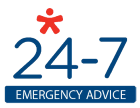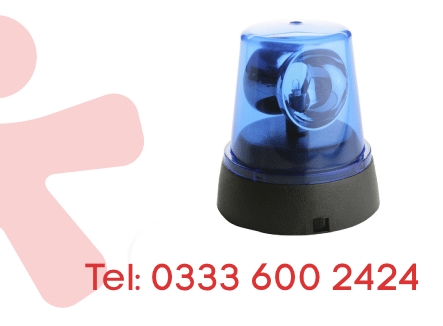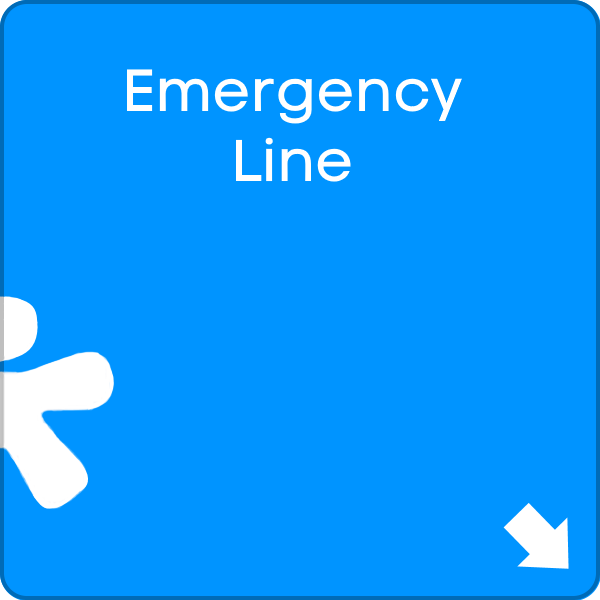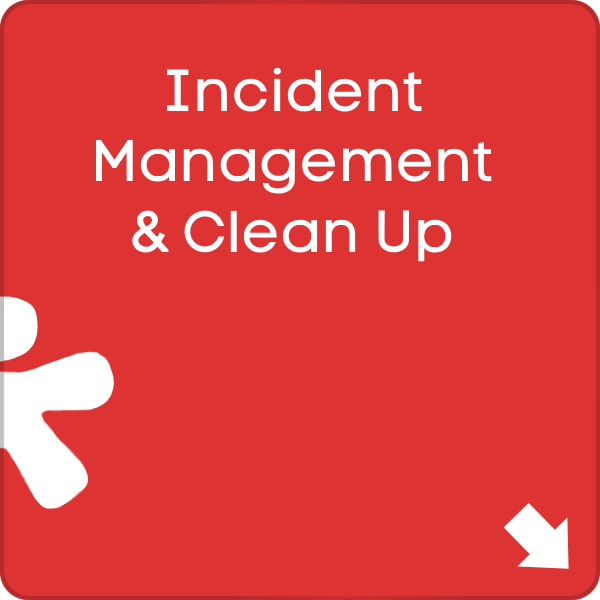24-7 Emergency Advice
English Language or Multilingual
As our name suggests, 24-7 Emergency Advice provides specialist advice over the telephone, round the clock (known as Level 1 response). The calls are always answered directly on a land line phone by one of our Incident Advisors, most of whom are chemists and qualified Dangerous Goods Safety Advisors. They understand supply and transport legislation and are experienced in providing advice, authoritatively and calmly, to those dealing with emergencies. At the time of a call they would ask the caller questions to build up a picture of the situation, then use their expertise, product information (e.g. Safety Data Sheets) and other sources to advise the caller on the best actions to take to minimise the risk to people, the environment and property.
The Incident Advisor is trained to ascertain the facts of the incident and try and paint a mental picture. Even if all of the facts are not yet known or understood, details such as the name(s) of the product(s) involved, circumstances, details of any casualties and whether the emergency services are involved will all be questions that are asked. The Incident Advisor will make an assessment of whether the incident requires the intervention of the emergency services or whether a specialist clean-up is needed. This is determined by a risk assessment process, which takes into account (amongst other things) product hazards, quantities, location and the options available. If the emergency services are either in attendance or deemed necessary, then it is crucial to provide the key information to them in a timely fashion to let them carry out their own risk assessment. This information is usually supplied in the form of the product SDS.
There can be many different aspects that need to be considered in the heat of the incident and each must be managed. The complexity of the situation can easily swamp a single person so the Incident Advisor team work together. We will interpret the contents of the SDS, for example, conveying hazard information in Section 2 (concentrating on physical and acute hazards) and looking at spill containment actions based on the physical properties information in Section 9.
If the incident requires attendance at the scene [Level 2 Response] or clean-up [Level 3 response], then this is something that we might be able to arrange on your behalf.



